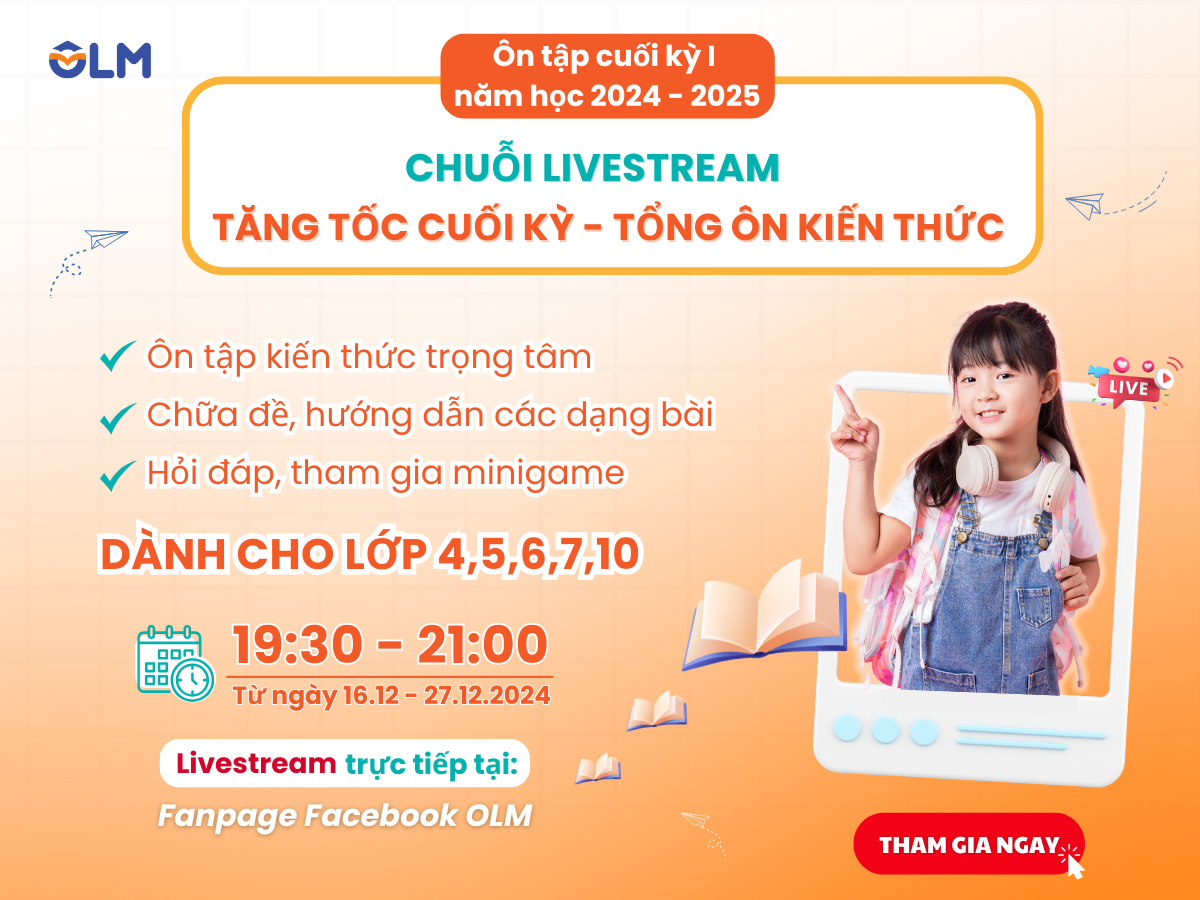I disagree because to reach the above conclusion, the Murdoch Children's Research Institute (MCRI) analyzed the data of 1,239 children, based on the results of the National Assessment of Literacy and Computational Skills (NAPLAN) of Australia.
The results show that for 3rd graders (around 8 and 9 years old), watching TV for 2 hours a day can affect their reading ability by the time they are 10 and 11 years old, while spending more. One hour per day in front of a computer screen also leads to a decline in computing skills.
Children aged 8-9 who watch TV more than 2 hours / day have reading and calculating scores 12 points lower than those who watch TV less than 2 hours / day. , Math scores for children who WLife use computers more than 1 hour / day are also 14 points lower. However, the study found no association between video game play and learning performance.
TV and computer have become the most popular form of entertainment for children, says MCRI expert Lisa Mundy. But spending too much time in front of these electronic devices can impair learning outcomes and reduce concentration. The researchers expressed hope that this finding could serve as a basis for parents, teachers, and doctors to consider the type and duration of exposure to TVs and computers in learning planning.










Bình luận (0)